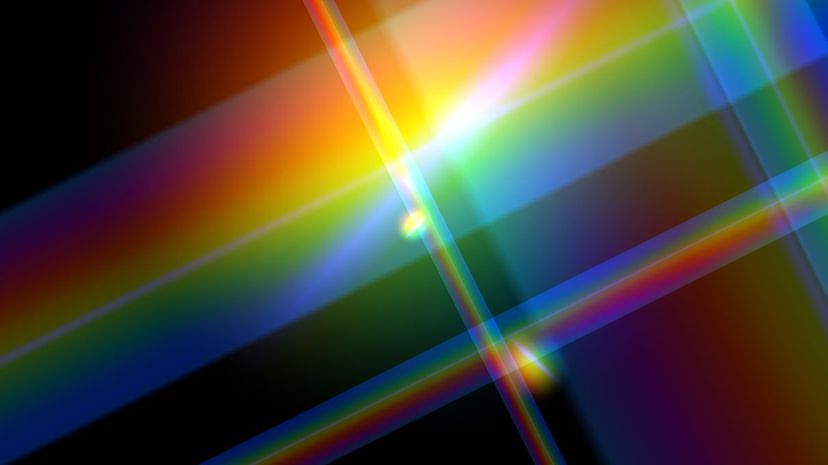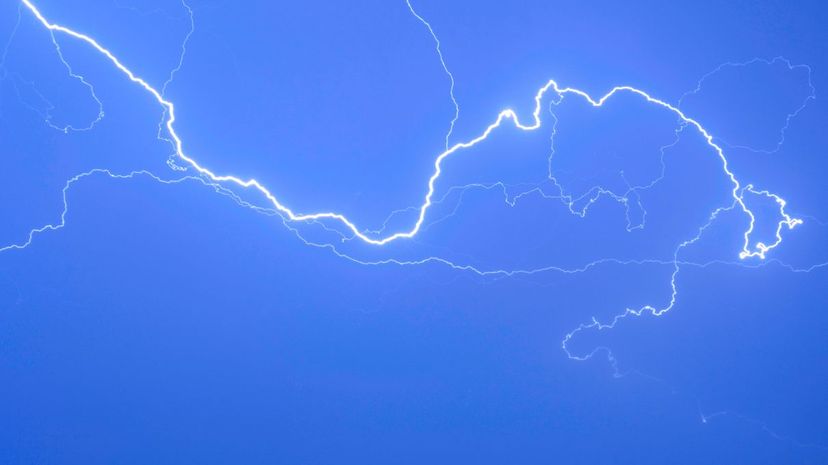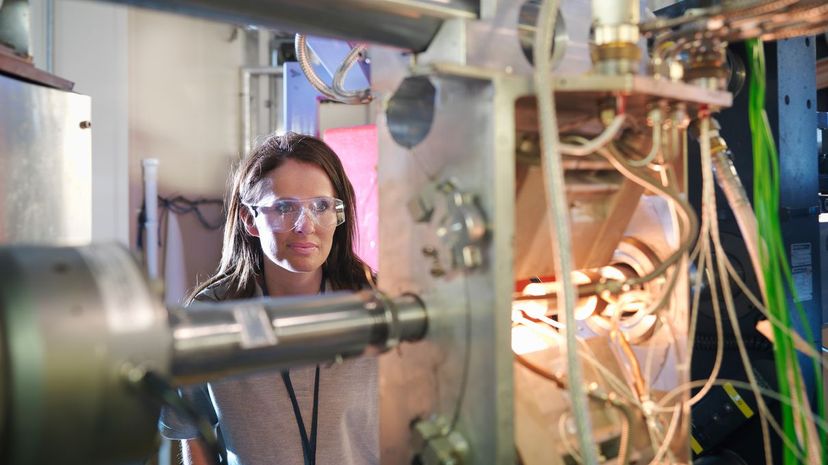
About This Quiz
Do you have what it takes to soar among the greatest physicists of all time? Size up this physics drill to determine if you're the next Newton, Einstein or Bohr!
Isaac Newton is considered the father of physics primarily for three amazing reasons. This 100% physics master devised classical mechanics theories that revolutionized how we view the physical world. Newton is responsible for developing three laws of motion that pertain to inertia, velocity and forces. Then along came Albert Einstein, who had a burning desire to push the physics discipline further and earned celebrity status when he dropped his theory of relativity, which is the basis of modern physics. Einstein coined the most famous equation ever: E=MC^2. Niels Bohr is not as well-known as Newton or Einstein, but his quantum theories and atomic particle concepts paved the way for today's futuristic science, particularly nuclear technologies.
But you need not be a Nobel Prize-winning thought leader to achieve master physicist status. First, take this quiz to find out your level of wisdom, then follow the advice that we'll compile just for you. Brush up on the easy stuff if your rank is below 50%, and aim for the complex topics if you score higher than 75% on this trial.
Get ready to continue your science journey with us!

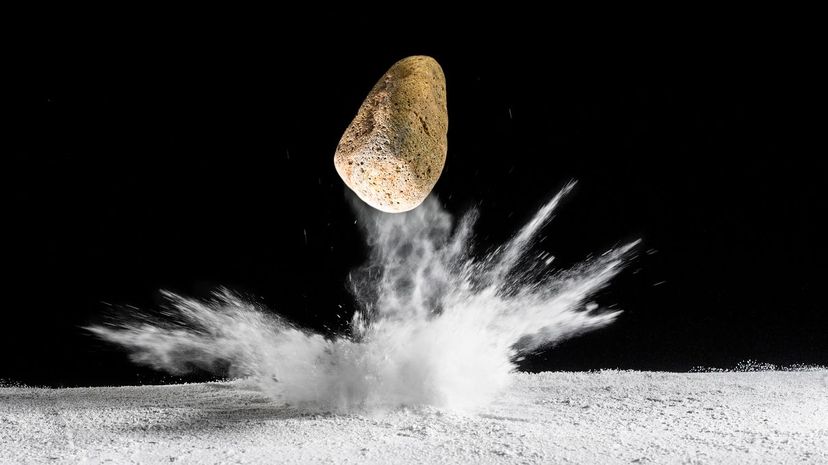
Advertisement

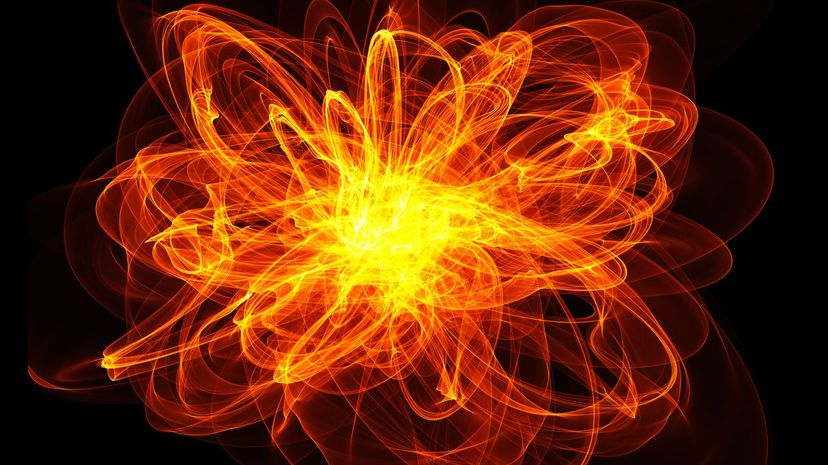

Advertisement


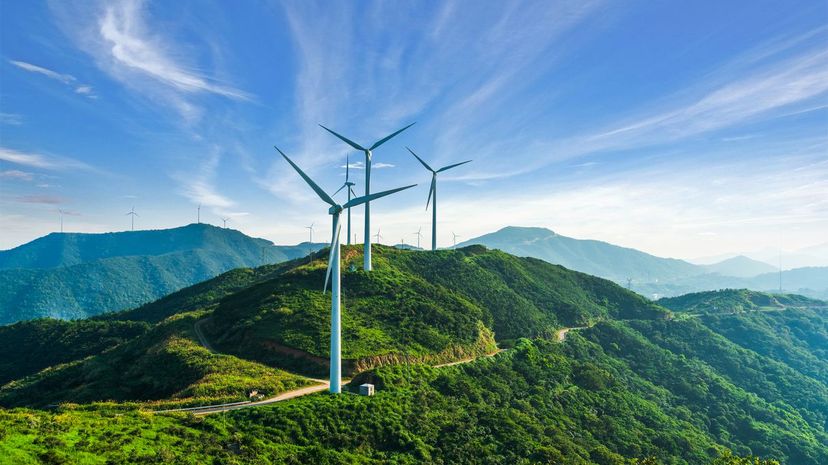
Advertisement
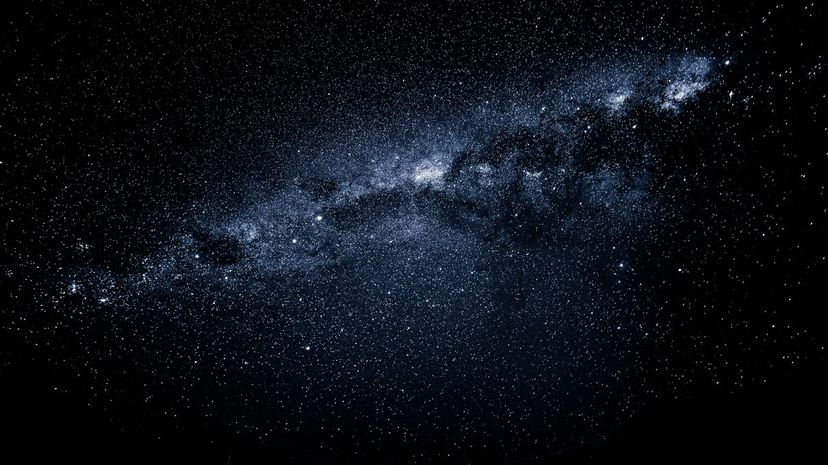
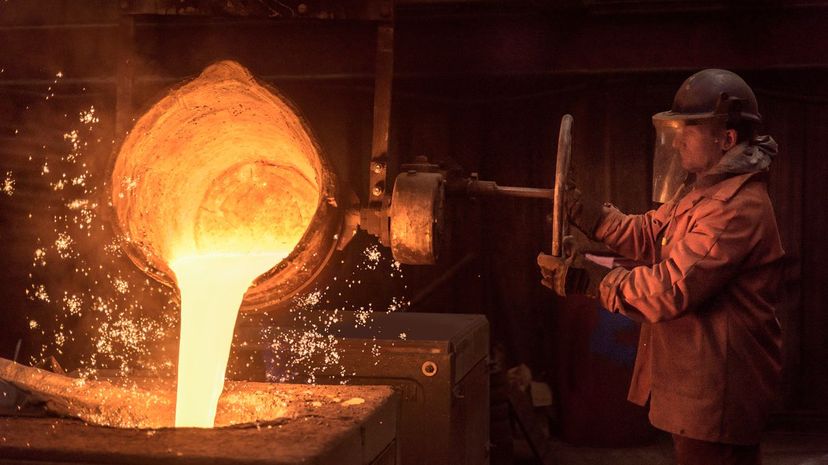
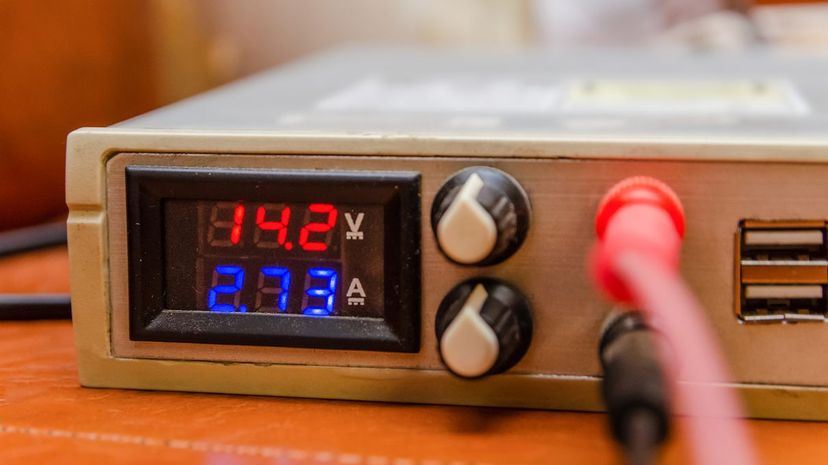
Advertisement
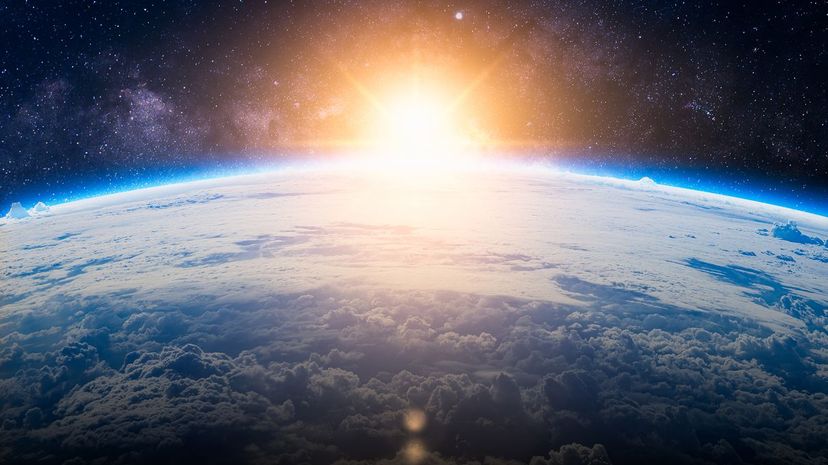
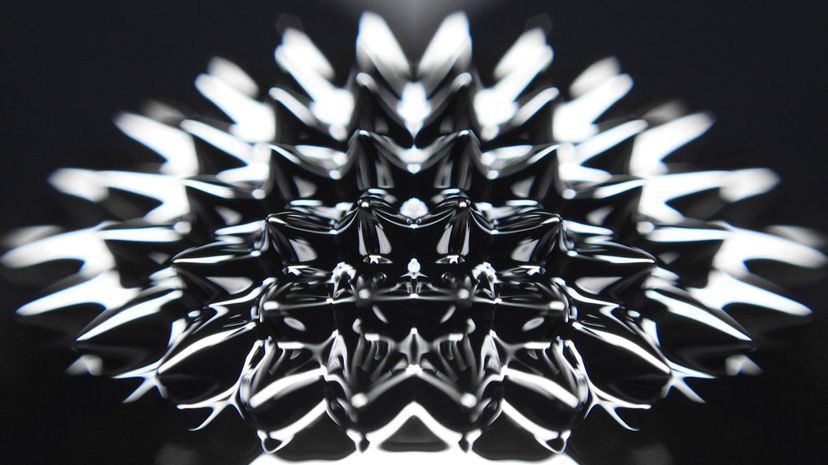
Advertisement
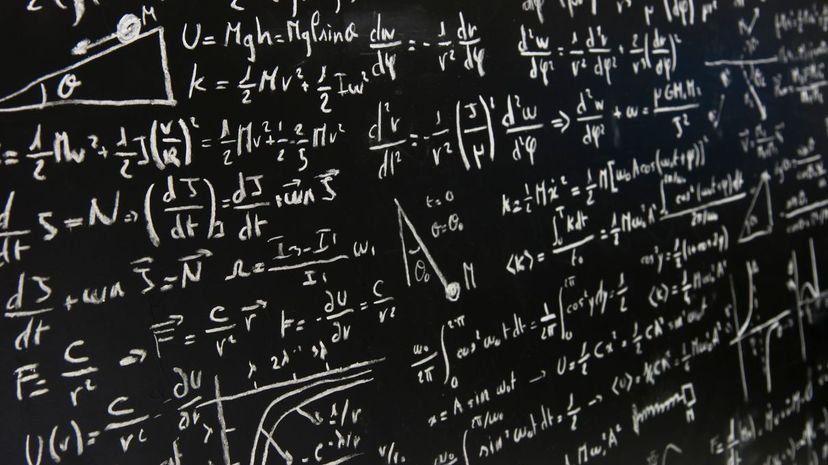

Advertisement


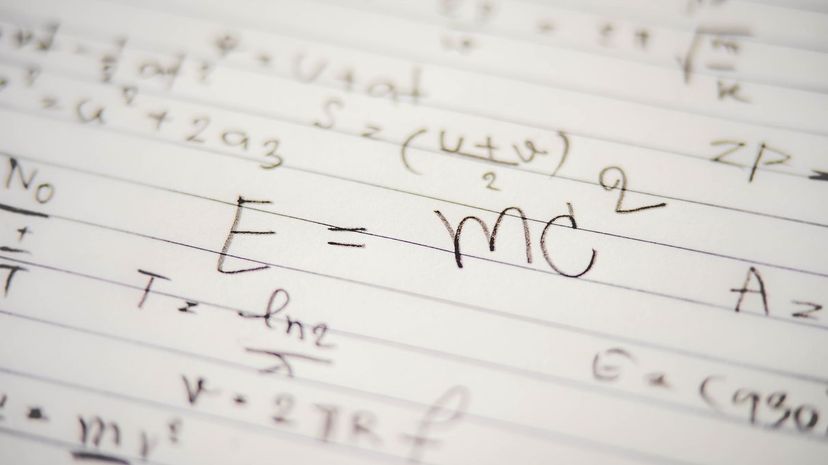
Advertisement
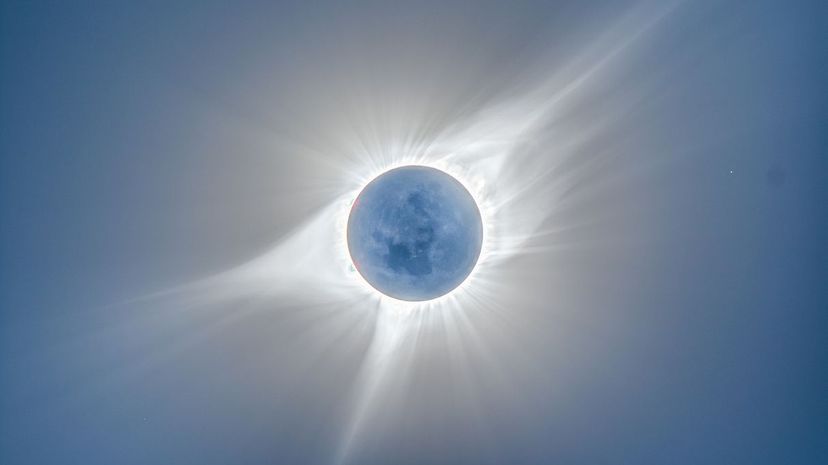
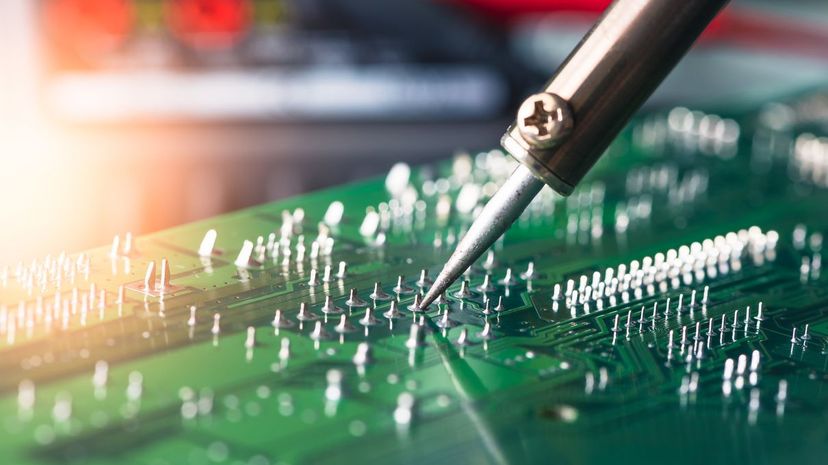

Advertisement


Advertisement


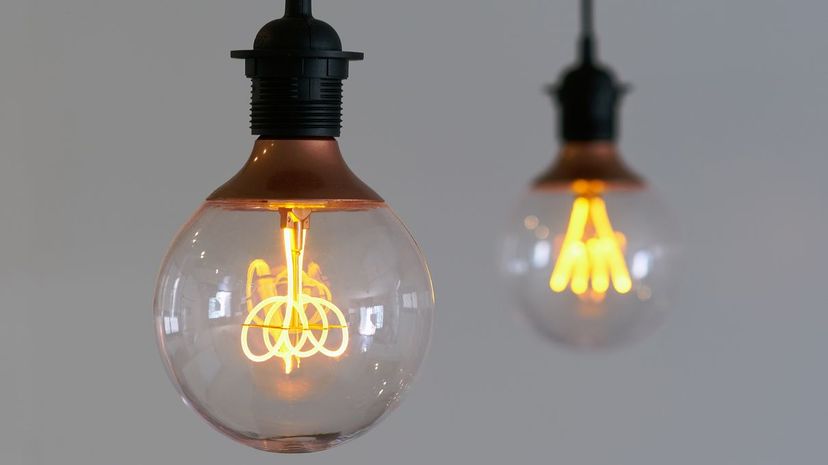
Advertisement
You Got:
